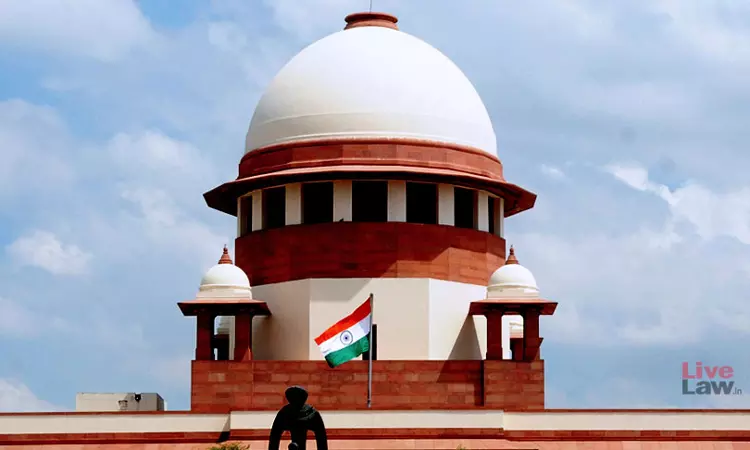Supreme Court Seeks Union's Response On Plea Against HC Judgment Upholding Anti-Profiteering Provisions Under CGST Act
Debby Jain
15 Feb 2024 7:52 PM IST

Next Story
15 Feb 2024 7:52 PM IST
The Supreme Court on February 12 issued notice in a plea filed against the Delhi High Court order upholding constitutional validity of anti-profiteering provisions under the CGST Act and Rules.Passing the order, the Bench of CJI DY Chandrachud, Justices JB Pardiwala and Manoj Misra clarified that the issuance of notice shall not be construed as a restraint on the High Court for disposing of...
